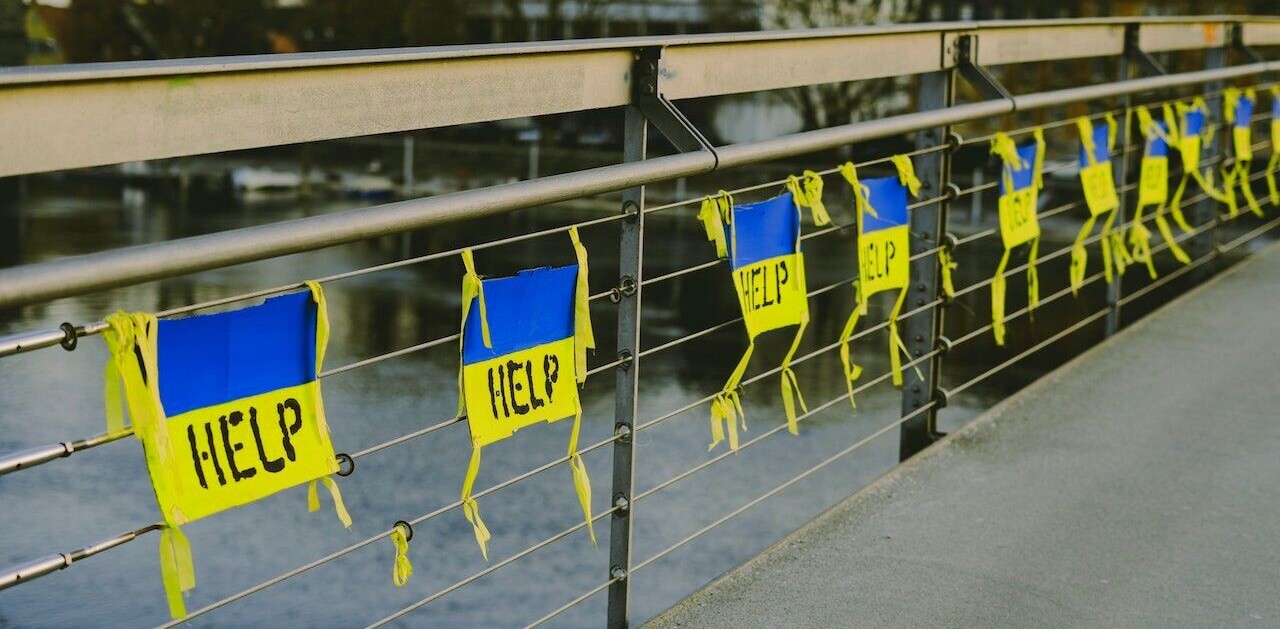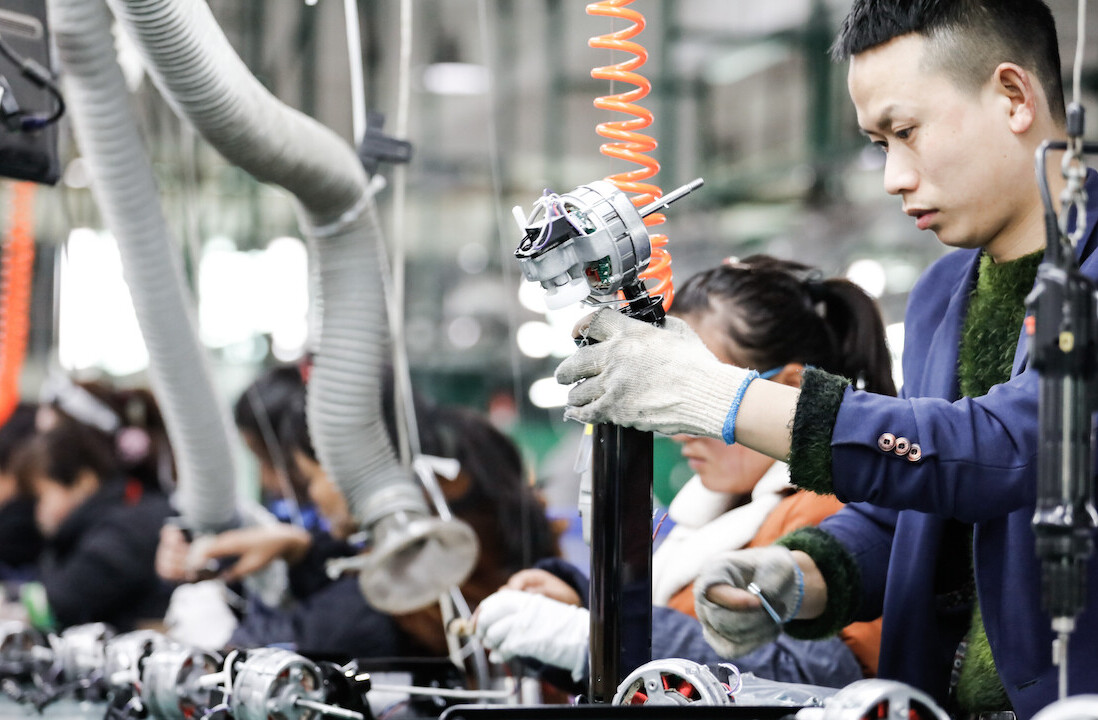
This post first appeared on Buffer.
In a forest, there is absolutely no waste. Every single element is reused in a continuous cycle. A tree produces leaves. The leaves fall to the ground and become compost. And the forest uses every last ounce of the compost and puts it back into its ecosystem.
We have the exact same idea for Buffer’s organizational design as we move towards a self-managing company. Without any processes, save four essential ones, there is little to no occurrence of waste.
As an example, we recently completed our fifth Buffer retreat in Sydney, Australia, and we changed the design of the week of work and play completely to fit the no-manager paradigm.
People could suggest sessions, roundtable discussions, work groups, yoga sessions—whatever they wanted—and team members could opt into any of them (or as few of them) as they wanted—almost like a Barcamp.
This ensured that no sessions were imposed on anyone and therefore nothing was kept alive artificially. Even a session that was extremely popular at this retreat could easily “die” at the next one, if no one chooses to join in. In my mind, this creates a certain level of lightheartedness and fluidity that organizational structures often lack.
Swim or sink
With the territory of a forest comes the somewhat harsh reality of no tolerated inefficiencies. For an organization, I believe this goes to the point of getting rid of the idea of job security. If at any point your offered expertise isn’t requested anymore, there’ll be no more work to do. You might either pick up a new expertise fast—or you might be out.
When nothing is kept alive artificially, things can organically grow or die based on demand from other team members and ultimately the customer. This is the best possible outcome for a company—and the world in general, I believe.
Working less
I also believe that through this, self-managed companies (and Buffer, in this example) can work less to get more done. My estimation is that a self-managed team only has to work 6 hours a day to get the work done that normal companies do in 8 or 10 hours a day.
Since self-managed orgs have no “zombie meetings” or bloated processes, they can operate more efficiently and create the same results in much less time.
On the flip side, this requires a lot of responsibility from individuals to plan their days effectively. It’ll be interesting to observe whether this holds true for us in the future.
Read Next: Why startups die
Image credit: Shutterstock
Get the TNW newsletter
Get the most important tech news in your inbox each week.





